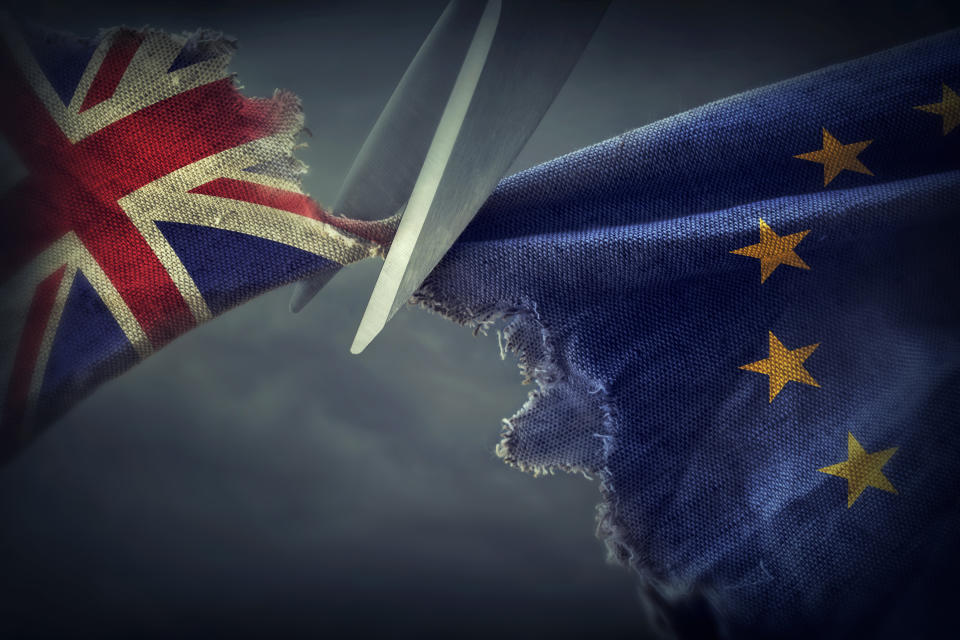UK government makes major move that signals a no-deal Brexit

Britain’s government declared that it will automatically enrol UK businesses into a customs system that will allow them to continue trading with the European Union in a no-deal Brexit.
The move is a major signal that the UK government is looking to leave the EU without a deal and that it is speeding up the country’s preparations in the event of a hard Brexit.
The auto-enrolment into the customs system will see all VAT-registered firms in the UK receiving an ID number within the next two weeks via the tax man — Her Majesty’s Revenue and Customs.
READ MORE: CBI chief warns UK can never be fully prepared for a no-deal Brexit
The ID will be an Economic Operator Registration and Identification (EORI) number that will allow businesses to continue trading with the bloc even in the event of Britain leaving the EU without any agreements in place on 31 October.
If firms do not have number when a no-deal Brexit happens, then they won’t be able to trade with customers and suppliers in EU member states after Brexit.
Only 72,000 firms have registered for an EORI number so far, but the auto-enrolment will see at least another 88,000 more firms receiving an ID.
Meanwhile new UK prime minister Boris Johnson is pushing Britain closer to a no-deal Brexit.
Johnson, a staunch Brexiteer, is in Germany this week to reiterate his call for the Irish backstop plan to be scrapped to chancellor Angela Merkel.
READ MORE: Brexit explained: what does the Irish backstop mean
The backstop is a fall-back plan to ensure the border between the Republic of Ireland and Northern Ireland remains as smooth and low-key as possible, whatever the terms of Britain’s exit from the EU.
The EU have repeatedly said that it will not renegotiate the Brexit deal agreed with former prime minister Theresa May and that it won’t look to get rid of the backstop mechanism.
So far, Johnson has not made headway with the bloc on any new terms of a deal and analysts have said his “plans” are just “unicorns with a lick of paint.”
Preparing for no-deal vs avoiding a no-deal

While UK chancellor Sajid Javid said the move would help "ease the flow of goods at border points and support businesses to trade and grow," business lobby groups said that more should be done to prevent a no-deal Brexit in the first place.
Carolyn Fairbairn, director general of the Confederation of British Industry (CBI), said on Monday “we have become more prepared for the short-term disruption – not fully prepared, I don’t think that can be done. If you have any delays at borders that will be significant.”
She added that customs checks would cost the UK and trading partners £20bn ($24.1bn) a year, costs that “cannot be fully mitigated.”
The Bank of England previously warned that British businesses are totally unprepared for a no-deal Brexit despite having years to plan ahead. In a report, BoE governor Mark Carney said:
Less than 50% of UK-based businesses have begun making contingency plans for a potential no-deal Brexit.
Less than 20% of small UK businesses have worked on contingency plans.
Up to 250,000 businesses have never completed a customs declaration form, which would be required after a no-deal Brexit to continue trading with the European Union.

 Yahoo Finance
Yahoo Finance 
